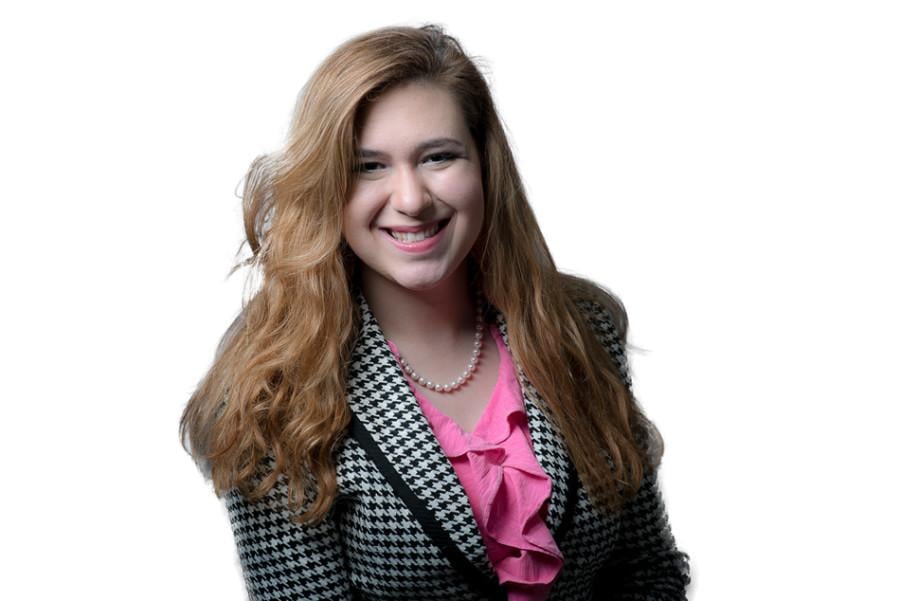Cohen: Struggling with a burning Baltimore
April 29, 2015
Scrolling through Facebook recently, I saw friends of all different racial and socioeconomic backgrounds posting articles about Baltimore with a similar message: Don’t criticize the violence; it’s a response to years of oppression. Don’t support the National Guard; they’re just white demagogues quelling the revolution. Don’t think about it; white privilege clouds intelligent thought. Keep quiet. Let Baltimore burn. It’s what has to be done.
On one hand, I understand their point. It is so important that we look at the riots in context. It is irresponsible to condemn actions without acknowledging why they are happening. Privilege is a difficult subject to explain if you benefit from it, like I do, and it is unfair to steal the conversation from those who are suffering from it. I realized that when I came to Northwestern and, for one of the first times in my life, was interacting with people who looked and lived fundamentally differently than myself. Now, with unrest in Baltimore reaching alarming levels, I realize the only way toward social change is listening to perspectives from all sides.
As an effect of the generations of racial conflict, people feel afraid to condemn inflammatory situations like that in Baltimore more than that “riots suck.” Like the posts I saw on Facebook, generalizing that the rioters are all responding to civil injustices is almost as unproductive as generalizing that they are all thugs. It can drown out the viewpoints of those in the Baltimore community who want to find solutions in other ways, like the pastor who wanted to use the church to build community, or the man who just wanted to protect store owners in his neighborhood.
It is easy for someone on the outside looking in to think that if Baltimore residents just respected law enforcement’s wishes, all of the pain would be over. To ask that protesters “just listen to the police” is irresponsible and futile. For the first time, those who have had their voice repressed are able to respond to those who have stifled them. It makes little sense to disband for the sake of the people you are protesting against.
However, that does not mean that those from a privileged position should be dismissed as “ignorant” at the first swipe of criticism. Police violence cannot be dealt with in the same way that previous civil rights movements, like slavery and segregation, have been in the past — it cannot be solved with legislation. The 13th, 14th and 15th Amendments, as well as the Brown v. Board of Education decision, just scratched the surface — if they did more we would not see the issues we do today — but they at least represented societal benchmarks of moving forward.
Police brutality does not have those benchmarks. Yes, we can pass laws trying to limit it, but the nature of the profession is discretion. This means that if we want change, society needs to be more on board with changes than it had to be in the past. This requires change to come equally from both ends, from the people being persecuted taking action and asserting their voices — as they are in the less-televised peaceful Baltimore protests — and from the wealthy white members of society whom protesters believe are at fault for the violence. To say that the second half should be excluded from the conversation is fundamentally leaving half of the equation out of solving the problem.
This does not mean that minority voices should be denied anger and weight. They absolutely should be the ones who are driving the conversation; for too long the people driving it have been academics in ivory towers. But when both sides form such firm moral judgments, we are ignoring that this solution requires more hands on deck than one that can be simply legislated. It is the job of public officials, community leaders and even writers such as myself to use their platforms in a constructive, respectful way. If we are too scared of being attacked for our views, then we will be too scared to make structural societal change.
But this is just my perspective of the situation, the perspective of an outsider. So much of the story of race in America is about people whose voices are never heard: I get my voice heard weekly in The Daily. Baltimore is burning, and if my small corner of the Internet can get people to think critically about this issue, hopefully they will be led to the true stories of Baltimore and beyond.
Julia Cohen is a SESP sophomore. She can be reached at [email protected]. If you would like to respond publicly to this column, send a Letter to the Editor to [email protected].


